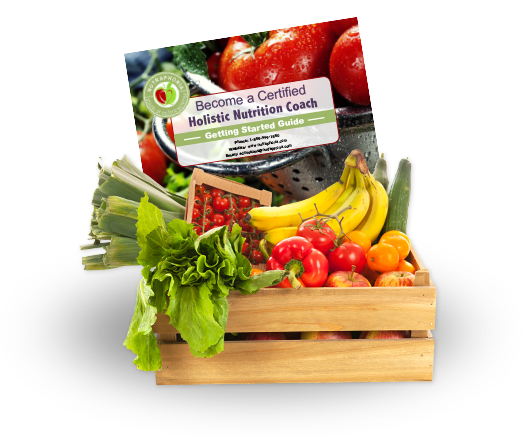April 7, 2017
In less than two years, I lost twenty pounds in weight … although it feels as though it looks more like thirty.
Not one of those pounds was on purpose.
Yet, whenever someone sees me after a few months of absence, they congratulate me … and tell me I look “amazing”. How horrible must I have looked to them beforehand?
Then they ask about my “secret”. Truth be told, there wasn’t one … or was there?
I have an extreme case of Non-Celiac Gluten Sensitivity… so much so that 1 year after diagnosis, I recently “glutened” myself by accident with wheat crumbs. Five days on, and I’m still feeling the effects.
The majority of that weight loss happened before I had been formally diagnosed with the sensitivity.
It took one year of visits to my family doctor, invasive tests, and the general enduring of daily misery – not to mention further weight loss – before confirming a diagnosis.
So, why does it look like I lost more weight than I did?
As my intestines healed, a ton of inflammation disappeared. This is what people are really commenting on.
When I tell people that I lost weight due to this chronic disease, their face falls in disappointment.
They want that miracle diet; that fantastic, easy, fun, quick exercise routine.
They don’t want to hear about how I need to restrict myself for life.
They want to congratulate me, and share in my success. So, I put a positive spin on it.
As they point out, I look “great” compared to my gluten-eating days. My weight is down. The inflammation has gone. Other problems I’ve had throughout my life have either disappeared, or been greatly reduced: eczema, allergies, chronic headaches. I even need less sleep.
I don’t promote a lifestyle without gluten. I think it is an incredibly restrictive diet. Limiting your options is never a good thing for your mental or physical health.
For those of us who have to live with it, here’s my threefold “secret” to dealing with the restrictions of the gluten-free life:
#1. Involve your family and friends
Let them help and support you.
In my case, they have embraced the importance of label-reading, gluten-free baking, and finding restaurants that take cross-contamination seriously.
#2. Feel sorry for yourself …
… then go make yourself a treat you can eat.
It’s OK to cry when you can’t eat a food you love. Let yourself rant to a sympathetic loved one when you need to.
You have to acknowledge the negative aspects in order to accept that this is how your life is going to be.
#3. Get out of the kitchen and occupy your hands
We think about food in the kitchen, and we eat mindlessly when our hands are unoccupied.
Grab a colouring book, a knitting project, or a jigsaw puzzle. Go for a walk, head to the library, or go to the gym.
None of these things require food, and they don’t allow you to eat at the same time.
Final thoughts
Family and friends, an honest acceptance of my situation, and hobbies that don’t involve food. These are what get me through my worst days with my new chronic disease.
Embracing holistic nutrition – and wanting to share it with others – is just a bonus side-effect of over-analyzing everything I eat.

